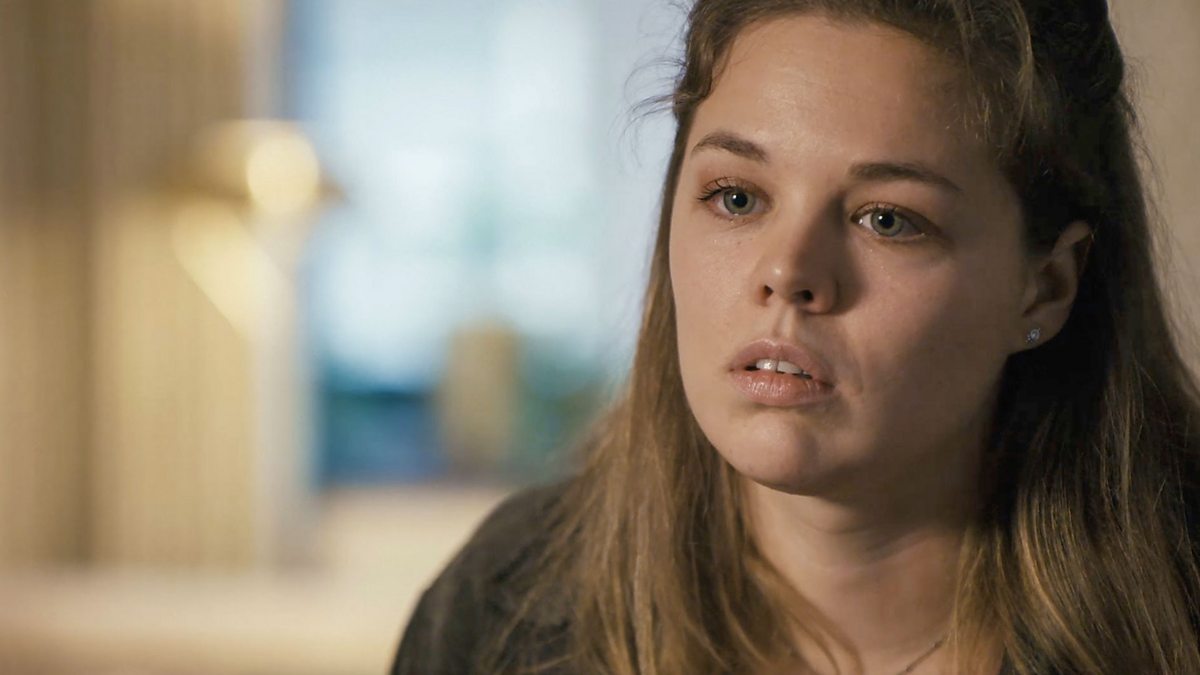The story of the hidden children of Ruinerwold Farm is a profound narrative filled with harrowing experiences, resilience, and lessons that can resonate deeply within society. Discovered in 2019, these children lived a life of isolation for nearly a decade, shielded from the outside world due to their parents’ extreme beliefs. Their story offers insights into the complexities of human nature, family dynamics, and the power of hope. Here are ten lessons we can learn from their lives.
The Hidden Children of Ruinerwold Farm: The Importance of Community
One of the most significant lessons from the hidden children’s story is the importance of community support. When the eldest sibling sought help, it was the local community that responded. This illustrates how crucial it is for communities to look out for one another and be aware of signs of distress in their neighbors. By fostering a sense of connection and vigilance, we can help protect vulnerable individuals from harm.
The Hidden Children of Ruinerwold Farm: The Dangers of Isolation
The children’s lives were profoundly affected by their isolation. Living in seclusion stunted their social, emotional, and intellectual development. This situation serves as a stark reminder of the dangers of isolation, highlighting how crucial social interactions are for healthy growth. In our increasingly digital world, it’s essential to maintain genuine human connections and ensure that no one is left isolated or alone.
Resilience in the Face of Adversity
The hidden children exhibited remarkable resilience despite their traumatic experiences. Their ability to adapt and survive in such harsh conditions teaches us that human beings can endure significant challenges. This resilience is a testament to the strength of the human spirit and serves as a reminder that even in the darkest circumstances, hope can prevail.
The Impact of Parental Influence
The parents’ beliefs profoundly shaped the children’s lives, emphasizing the significant role that parental influence plays in a child’s development. The extreme ideology adopted by the parents created a toxic environment that isolated the children from society. This lesson underlines the importance of nurturing, open-minded, and supportive parenting, highlighting how critical it is for parents to provide a balanced view of the world.
The Value of Education
Education was nearly absent from the hidden children’s lives, impacting their ability to integrate into society after their rescue. This highlights the critical role of education in shaping an individual’s future. Access to education fosters knowledge, social skills, and critical thinking, which are vital for navigating the complexities of life. It serves as a reminder that every child deserves the opportunity to learn and grow.
The Role of Courage
Courage played a pivotal role in the children’s eventual rescue. The eldest sibling’s bravery in seeking help marked a turning point in their lives. This act of courage teaches us that speaking out and seeking assistance in difficult situations can lead to positive change. It reminds us that vulnerability is not a weakness; rather, it can be a powerful catalyst for transformation and healing.
The Healing Power of Expression
Despite their traumatic upbringing, the hidden children found ways to cope through creative expression. Whether through storytelling, art, or music, these outlets provided them with a means to process their emotions and experiences. This highlights the importance of allowing individuals, especially children, to express themselves freely. Creative expression can be a vital tool for healing and self-discovery.
The Hidden Children of Ruinerwold Farm: Understanding Mental Health
The hidden children’s experiences underscore the importance of mental health awareness. Growing up in such a traumatic environment can lead to lasting psychological effects. Society must prioritize mental health resources and support systems to assist those who have faced trauma. Understanding mental health challenges is essential for promoting healing and reintegration into society.
The Power of Hope
Throughout their ordeal, the hidden children maintained a sense of hope, which ultimately led to their escape. This lesson reminds us that hope can be a powerful motivator in even the bleakest situations. Cultivating a sense of hope in ourselves and others can inspire resilience and foster a belief in a better future.
The Need for Vigilance
The circumstances surrounding the hidden children’s lives remind us of the need for vigilance in protecting the vulnerable. As a society, we must be aware of the signs of neglect and abuse and take action to intervene when necessary. Promoting awareness and encouraging people to speak up can help prevent similar situations from occurring in the future.
Conclusion
The story of the hidden children of Ruinerwold Farm offers a wealth of lessons that extend beyond their immediate circumstances. Their experiences teach us about the importance of community, the dangers of isolation, the impact of parental influence, and the need for education and mental health awareness. By reflecting on these lessons, we can foster a more compassionate and supportive society that prioritizes the well-being of all its members, ensuring that no child is left hidden or unheard.
FAQs
1. How were the hidden children discovered?
The hidden children were discovered after the eldest sibling escaped from the farm and sought help at a nearby bar, prompting an investigation.
2. How long did the family live in isolation?
The family lived in isolation for approximately nine years before their discovery by authorities.
3. What impact did the parents’ beliefs have on the children?
The parents’ extreme beliefs led to the children’s isolation from society, severely impacting their social and emotional development.
4. What role did courage play in the children’s rescue?
The eldest sibling’s courageous act of seeking help was pivotal in their rescue, demonstrating the importance of bravery in difficult situations.
5. How can communities support vulnerable individuals?
Communities can support vulnerable individuals by fostering connections, being vigilant for signs of distress, and providing assistance when needed.
Also read: Time Difference Between UK and Netherlands: 10 Surprising Insights You’ll Love





